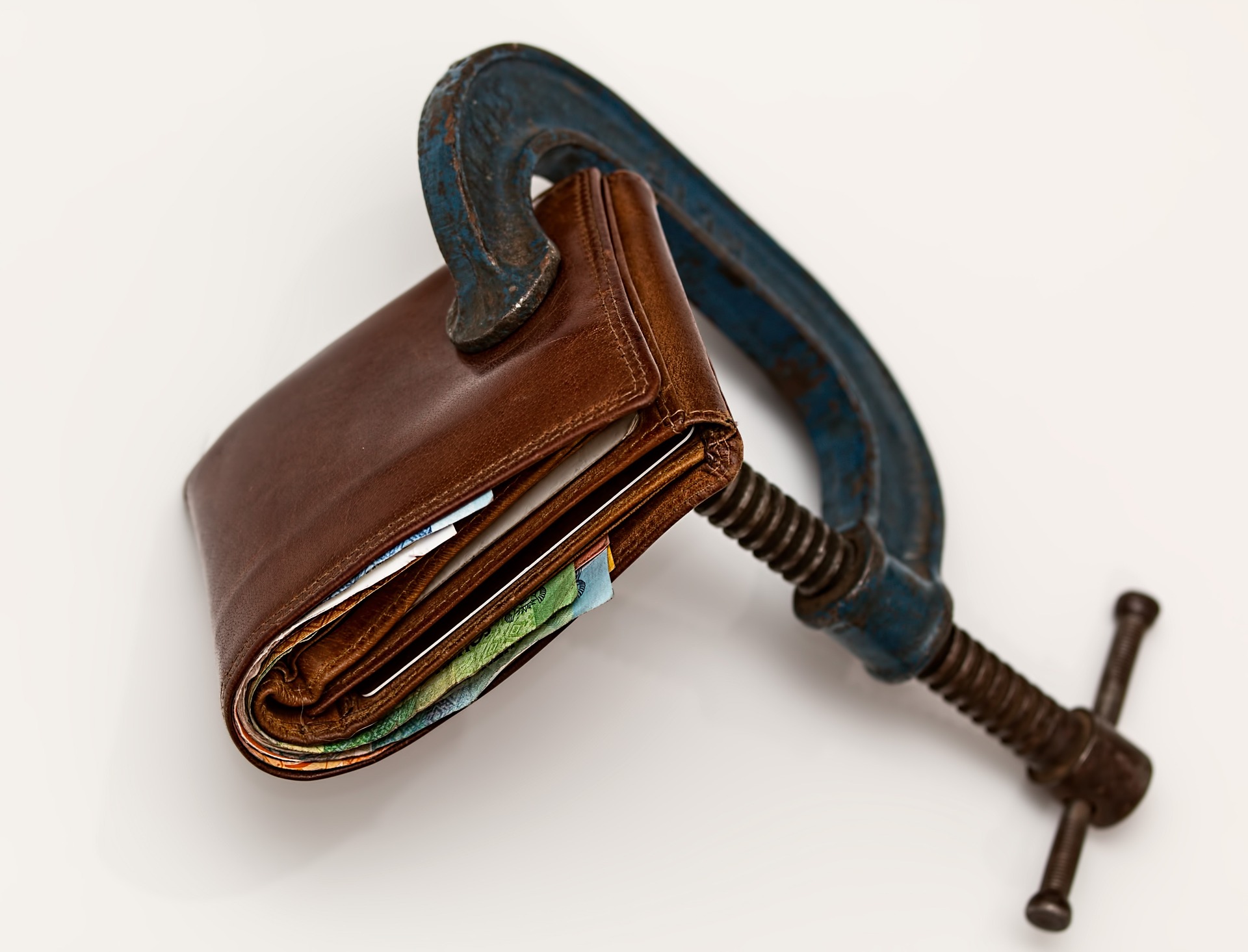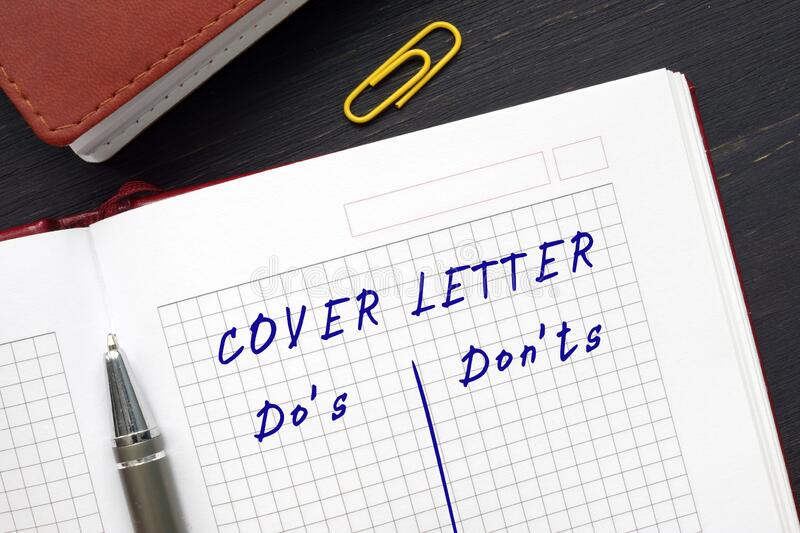Landing on this page means you are looking for how to save money as a high school student, if that seems to be the case, then you are on the right page. Keep reading
In high school, you’re still learning about the real world and how money works. But as a student, you likely don’t have much money to your name. Luckily, it doesn’t take a lot of cash to keep your bank account healthy and happy.
With these high school money tips, you can learn how to save money as a high school student so that you have more cash when you need it after graduation. Let’s be honest: most teenagers aren’t exactly thinking about their future and how they can spend less on things while still having fun.
But the thing is that being a high school student gives you unique opportunities to set yourself up for success in the long run — even if that seems like an abstract concept right now. Whether you’re working part-time, attending school full-time, or somewhere in between, here are some tips on how to save money as a high school student — and maybe even have some leftovers at the end of the year.
>>See This: How To Know If You Should Drop Out Of College
Make a Budget

One of the best ways to start saving money as a high school student is to make a budget. The best budget is one that you can actually stick to, so don’t get too fancy with your budgeting tools.
A simple spreadsheet or paper notebook can do the trick. The point of your budget is to track your spending so that you can avoid overspending. Once you have a budget in place, you can track your spending and make sure you aren’t spending too much money on things you don’t really need.
Don’t be afraid to haggle
When you’re shopping for clothes, furniture, or electronics, don’t be afraid to haggle. Even if you have no idea what you’re doing, you can still try to get a better price.
Many retail stores will accommodate you if you ask. Try bringing up how the item is on sale or you don’t have any money to spend on the item. You might be surprised by how many times the salesperson will lower their price just to get the sale.
Avoid buying things that are “on sale” or “clearance” unless you actually want them. Just because they’re cheap and you think you need them doesn’t mean you should buy them.
Track your credit score
It’s never too early to start tracking your credit score. A strong credit score will help you get better rates on loans, like mortgages and car loans, and give you more options when it comes to credit cards. To track your credit score without getting your credit report, you can sign up for a free credit tracking service, like Credit Karma.
Credit Karma lets you see your credit score for free and gives you tips on how to improve it. Credit reporting agencies collect data about your financial history and use it to generate your credit score.
A credit score tells lenders how risky it would be to lend you money. The higher your credit score, the less risk there is that you will default on a loan. A credit score between 650 and 789 is considered good, while a score between 800 and 850 is excellent.
Get a basic financial education
There are lots of free or cheap ways to get a basic financial education. You can check out how to invest in stocks, read books on personal finance, or watch videos on YouTube.
You can also talk to friends, family, and mentors who have strong money skills. It’s important to know how your money works before you start spending loads of it. You don’t want to make financial mistakes that will be hard to correct in the future.
You don’t have to become an expert, but you should have an understanding of the basics like compound interest, savings accounts, and fixed expenses.
Understand the value of your time
The value of your time is something you’ll start to understand as a high school student and continue to understand as you get older. Some things are important to do and others aren’t. Some things are worth your time and others aren’t.
It’s important to understand the value of your time so that you don’t waste it on things that don’t matter. You can also use the value of your time to help you decide how much to charge for certain tasks.
If you’re doing side hustles to earn money, use the value of your time to decide if you should accept that offer. If the task doesn’t pay enough, then you don’t have to do it.
Don’t buy new unless you have to
Always buy secondhand when you can. Whether it’s clothes, furniture, or textbooks, there’s no need to spend lots of money on new stuff. You can often find gently used items in great condition. You can also buy used items online through sites like Craigslist and eBay.
If you have to buy new, look for sales and shop during the off-season. You can also use other ways to save money, like using cash-back apps, shopping at membership-based stores, and finding coupons.
Cash-back apps, membership-based stores, and coupon apps are great ways to save money while buying new ones. Using these apps can save you big, which will help you save money in the long run.
Cut out cable TV and other entertainment subscriptions
If you’re like most high schoolers, you probably have a TV subscription, a Netflix subscription, and maybe even a video game subscription. These subscriptions cost real money and add up over time.
It’s better to cancel these subscriptions and find cheaper entertainment options. Instead of paying for cable, try finding free entertainment online or on YouTube.
There are also plenty of free apps that you can download on your phone, computer, or other devices. If you really want a cable subscription, it might be worth it to wait until you’re out of high school to sign up for one.
When it comes to other entertainment subscriptions, like video game subscriptions, you should ask yourself if you really need them. You don’t need a subscription to play video games.
You can download the games and play them without a subscription.
Put your lunch money in a savings account
If you’re spending money on lunch each day, you could put that money in a savings account. This way you’re saving money and not having to worry about spending less on food.
It’s a simple way to save money without even noticing it. You can also put money aside every time you get paid. You might not like having a lot of cash lying around, but you can put it in a savings account. If you don’t have a savings account, open one now.
You should start saving for the future in high school so that you have a lot of money for when you’re an adult. It’s important to have money saved for emergencies, like car repairs, doctor visits, and buying a new house.
You will also need money for basic living expenses, like food, gas, and your phone bill.
Take advantage of any perks that come with being a student
Being a high school student comes with some perks, like getting discounts on things like movie tickets and textbooks. It’s always worth checking to see if there are any student discounts available in your area.
You can also look into getting a student credit card. You should only get a card if you understand how they work and how to manage them. Having a credit card can be a good thing if you use it responsibly.
You can use your credit card to earn rewards and help boost your credit score. You can also use it to build your credit history since you can start using a credit card as early as age 18.
Bottom line On how to save money as a high school student
Being a high school student is a great time to start thinking about your future and how you can save money now so that you have more cash when you need it later.
Take advantage of any perks that come with being a student, like discounts, and make sure you have a basic financial education so that you understand how money works. It’s a great way to start saving money as a high school student.






